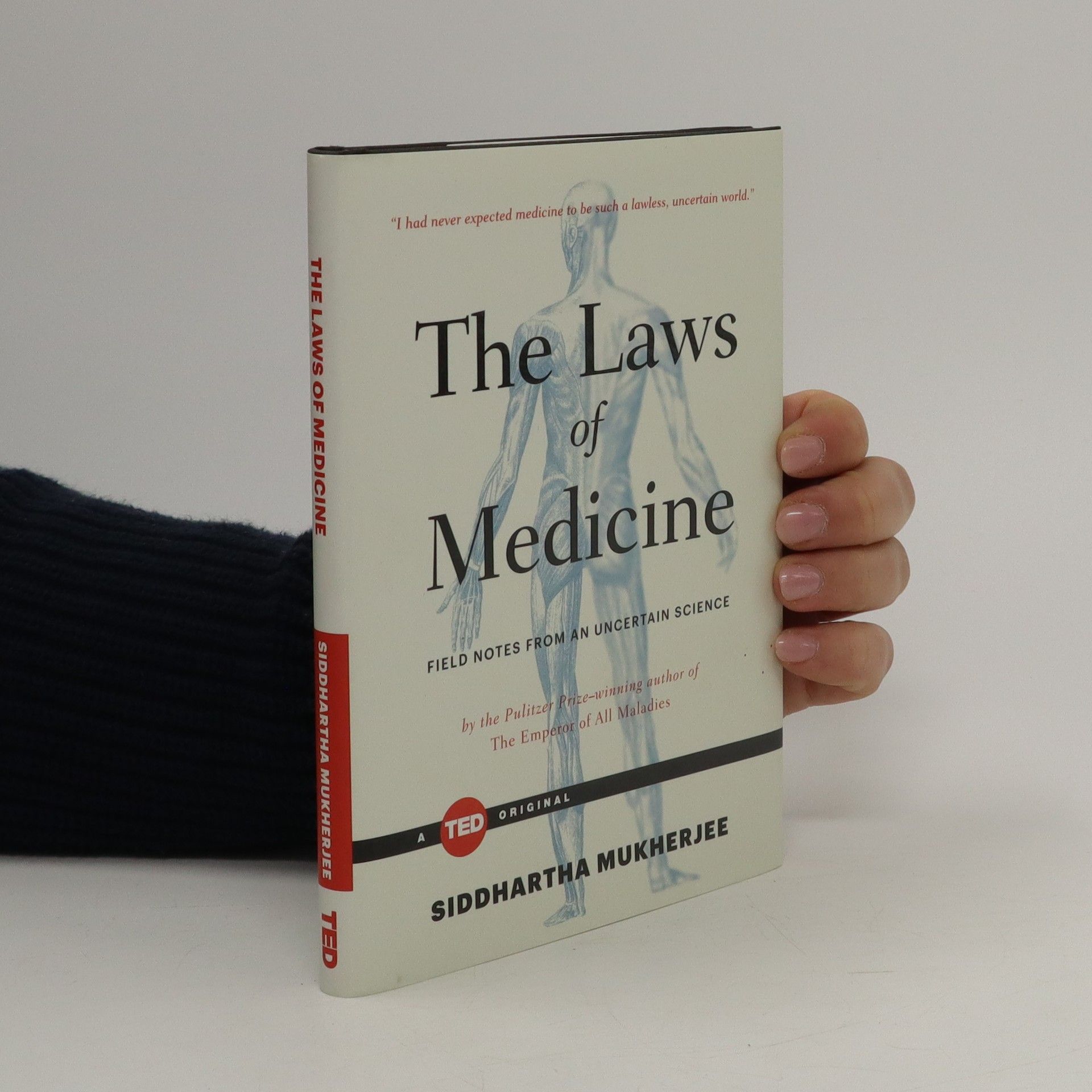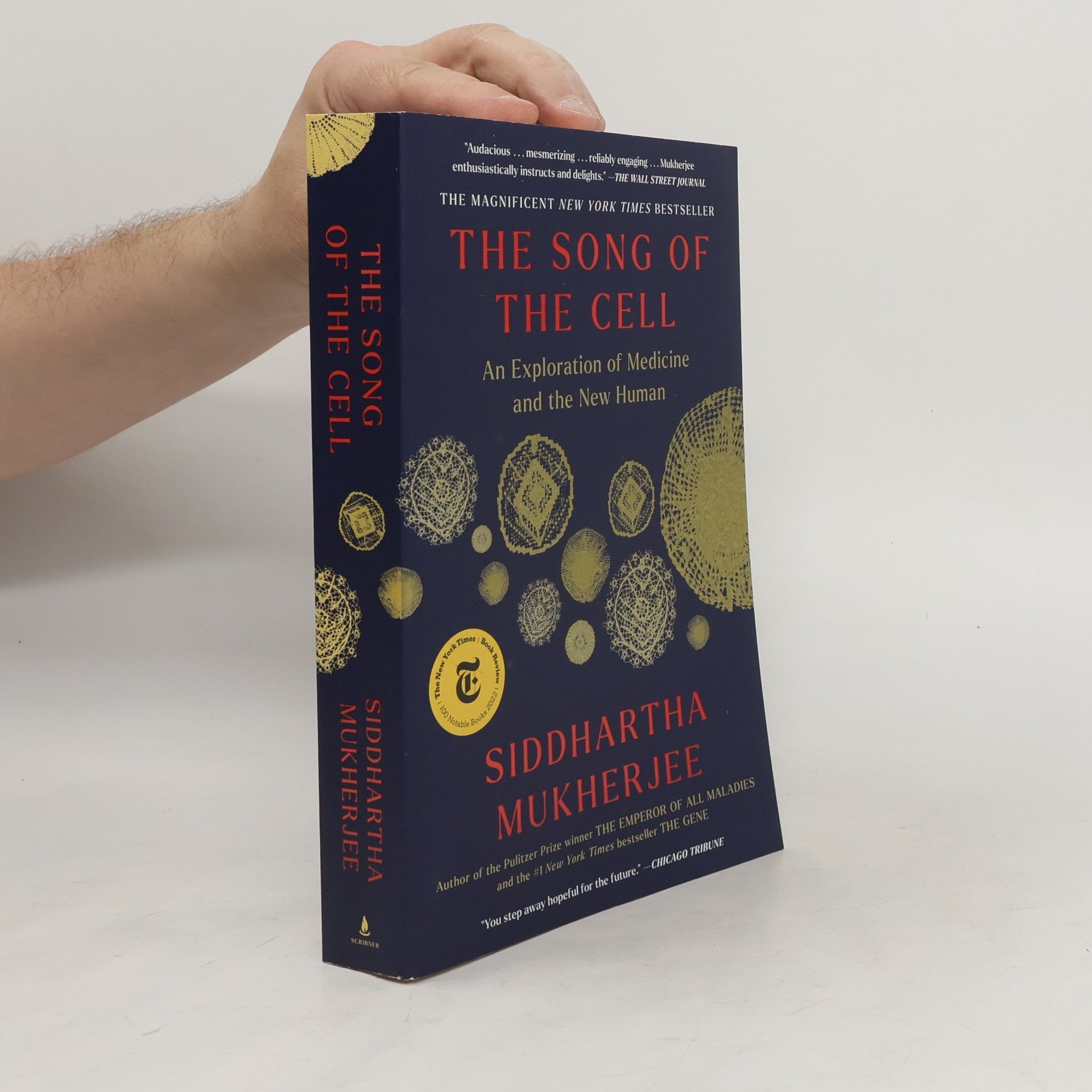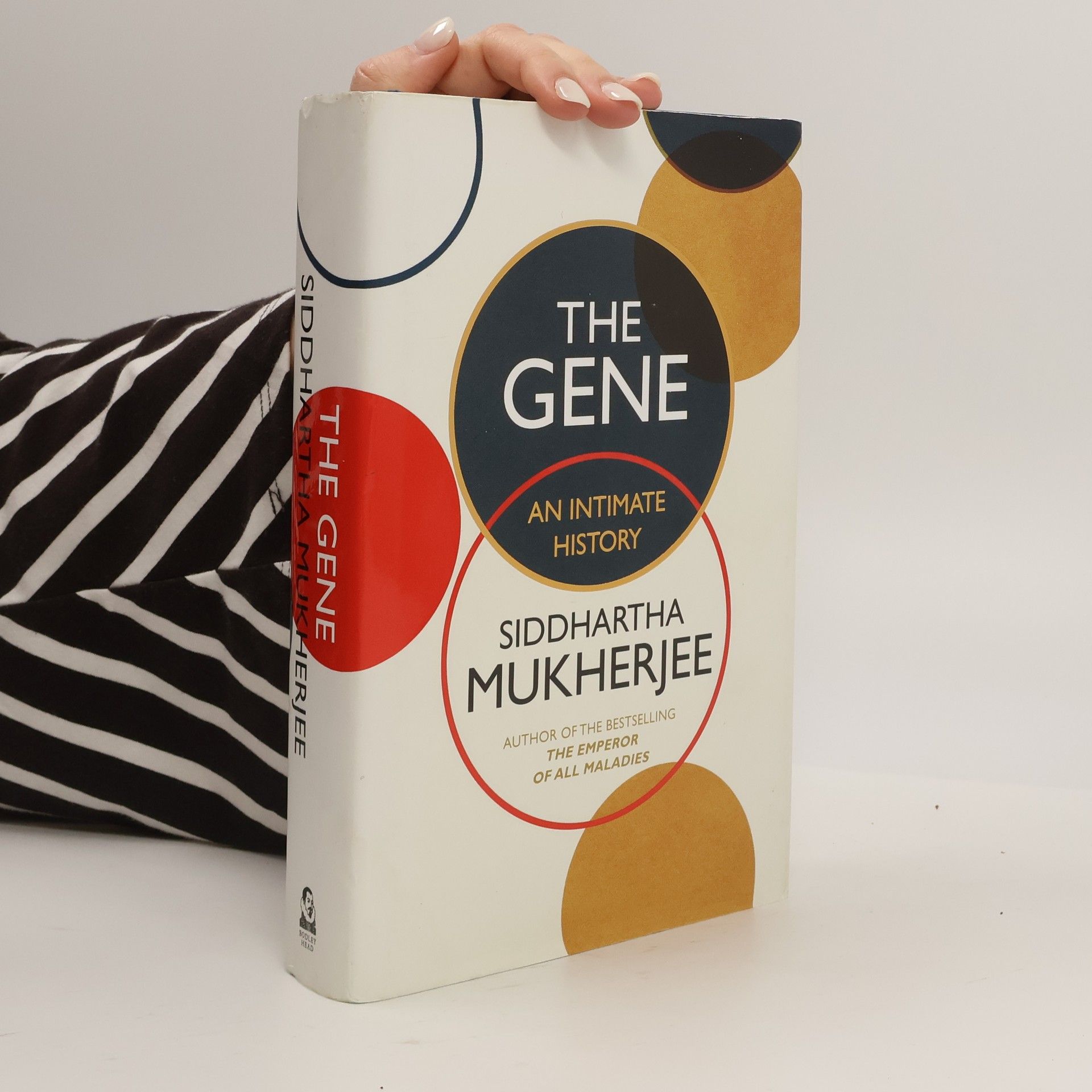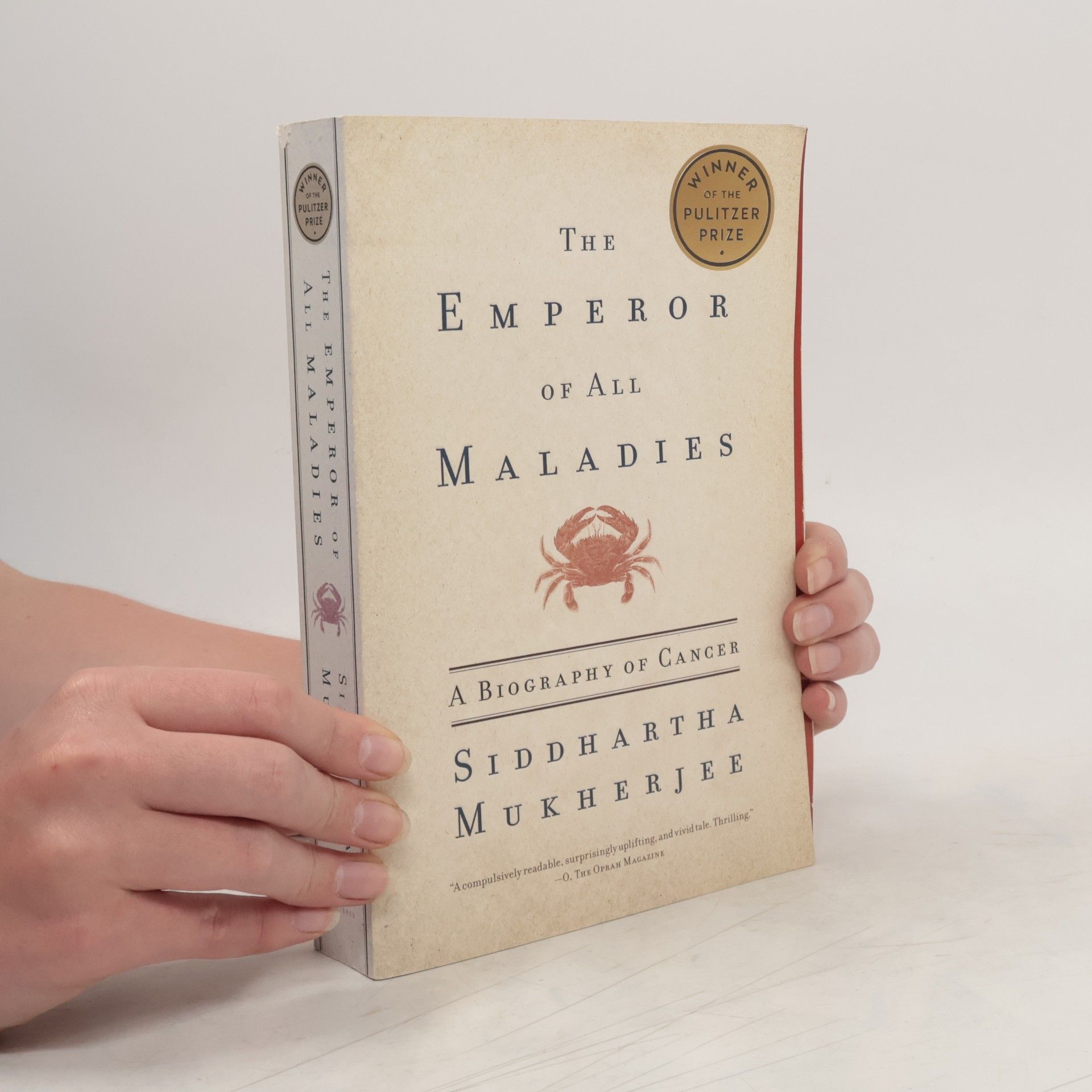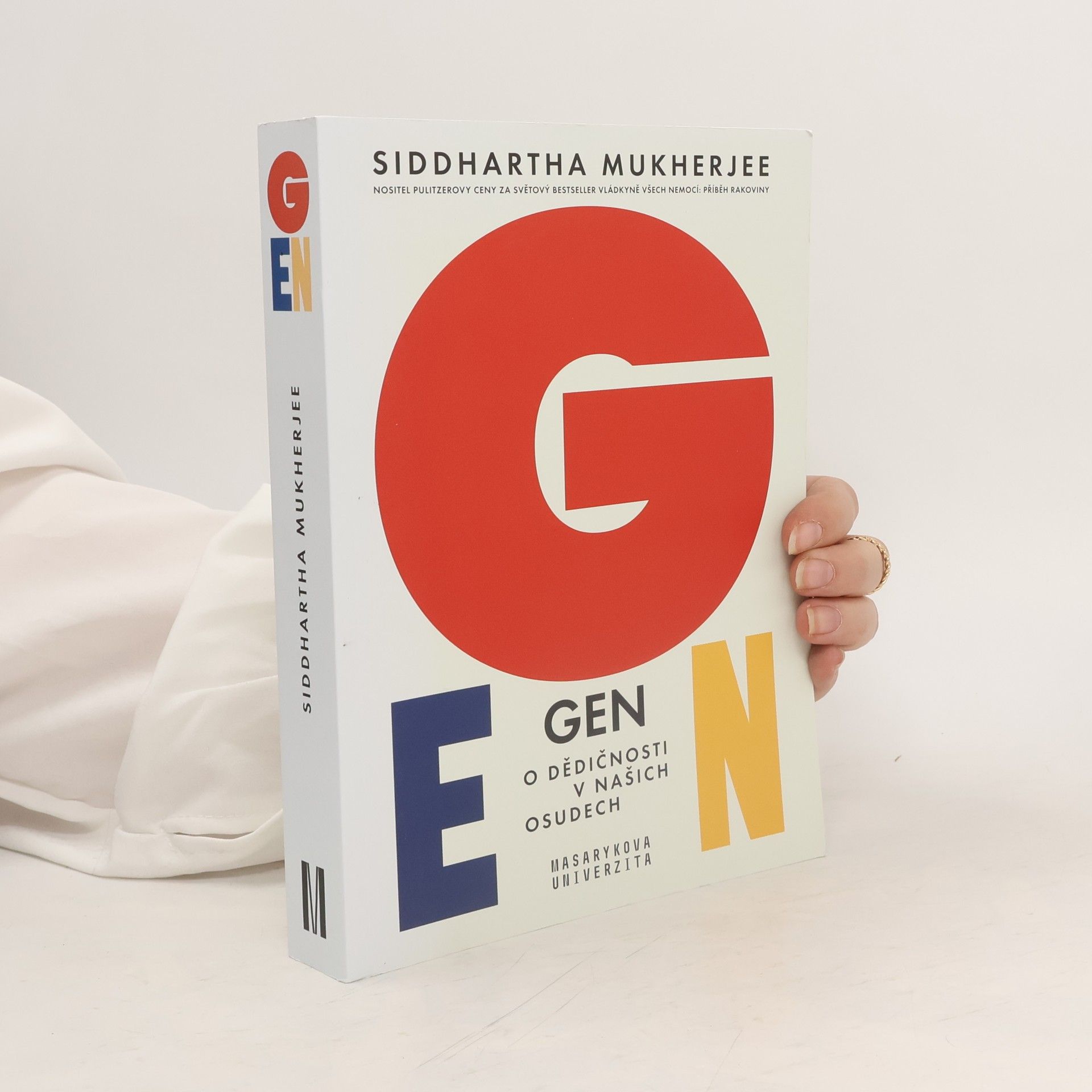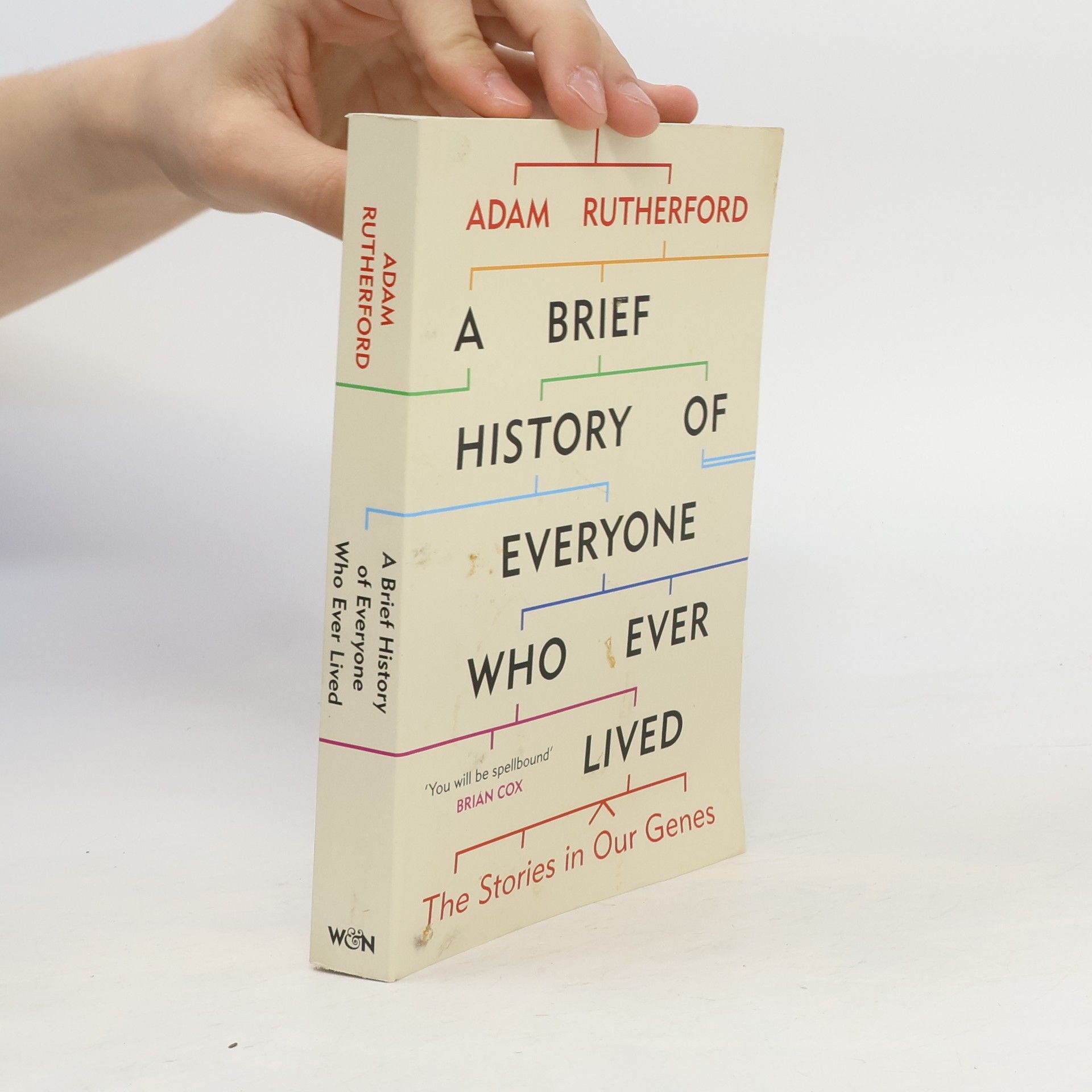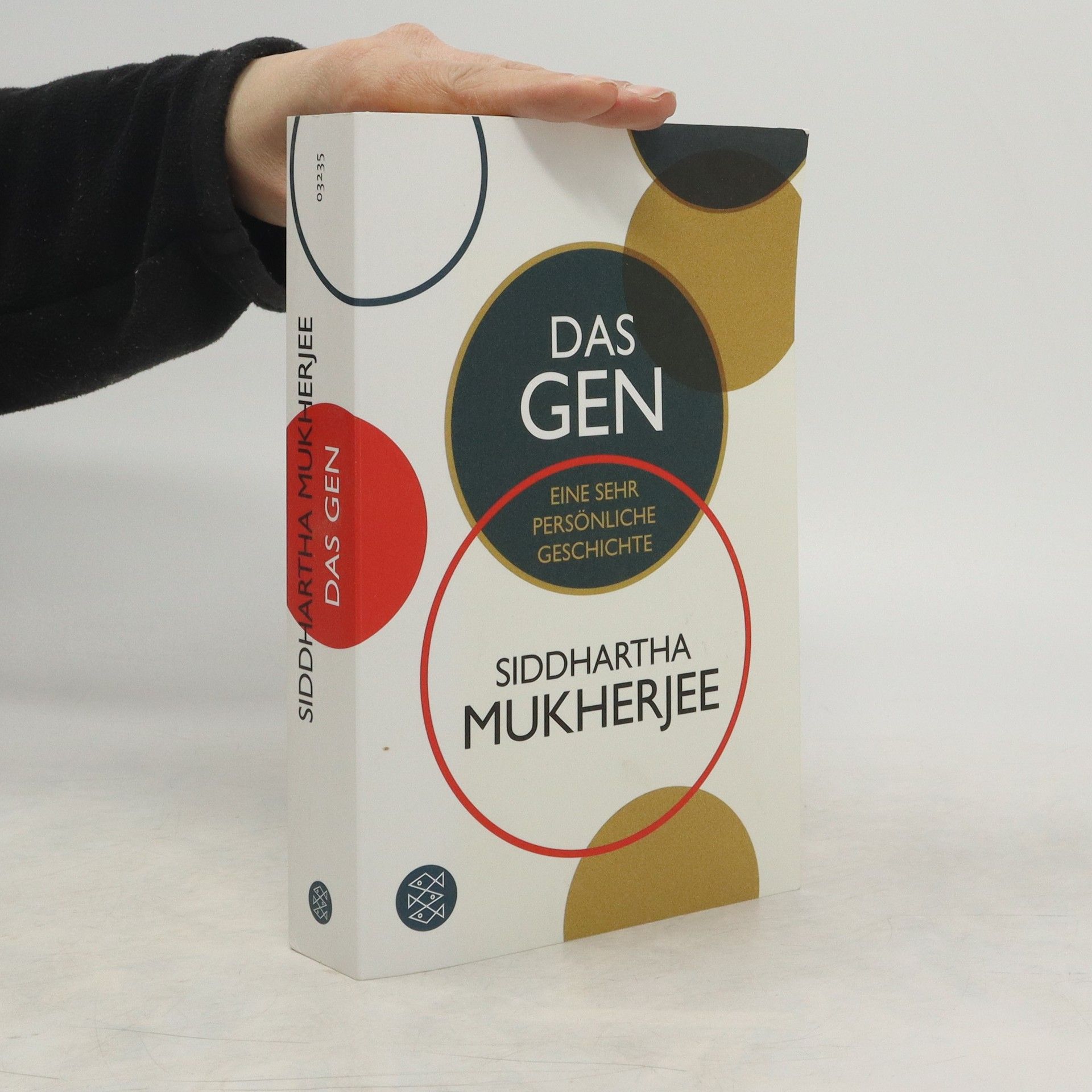Gen: O dědičnosti v našich osudech
- 528 stránok
- 19 hodin čítania
Nakladatelství Munipress věnuje oslavám 100. výročí založení Masarykovy univerzity české vydání mimořádné a oceňované knihy o historii genu – jednotce dědičnosti a biologické informace. Kniha poprvé v úplnosti popisuje zrození a rozvoj vědní disciplíny vzniklé na základě objevů Gregora Mendela a významně se dotýká „živé“ současnosti. Poskytne čtenářům informace o fenoménech souvisejících s genetikou a medicínou, které se objevily v průběhu 19., 20. a 21. století, a také o etických i filozofických aspektech. Díky jedinečnému stylu autora, který je pro něj typický a který uplatnil např. v knize Vládkyně všech nemocí, oceněné Pulitzerovou cenou, je dílo velmi čtivé a přístupné. Překlad Jan Šmarda, jazyková spolupráce Kateřina Danielová.

